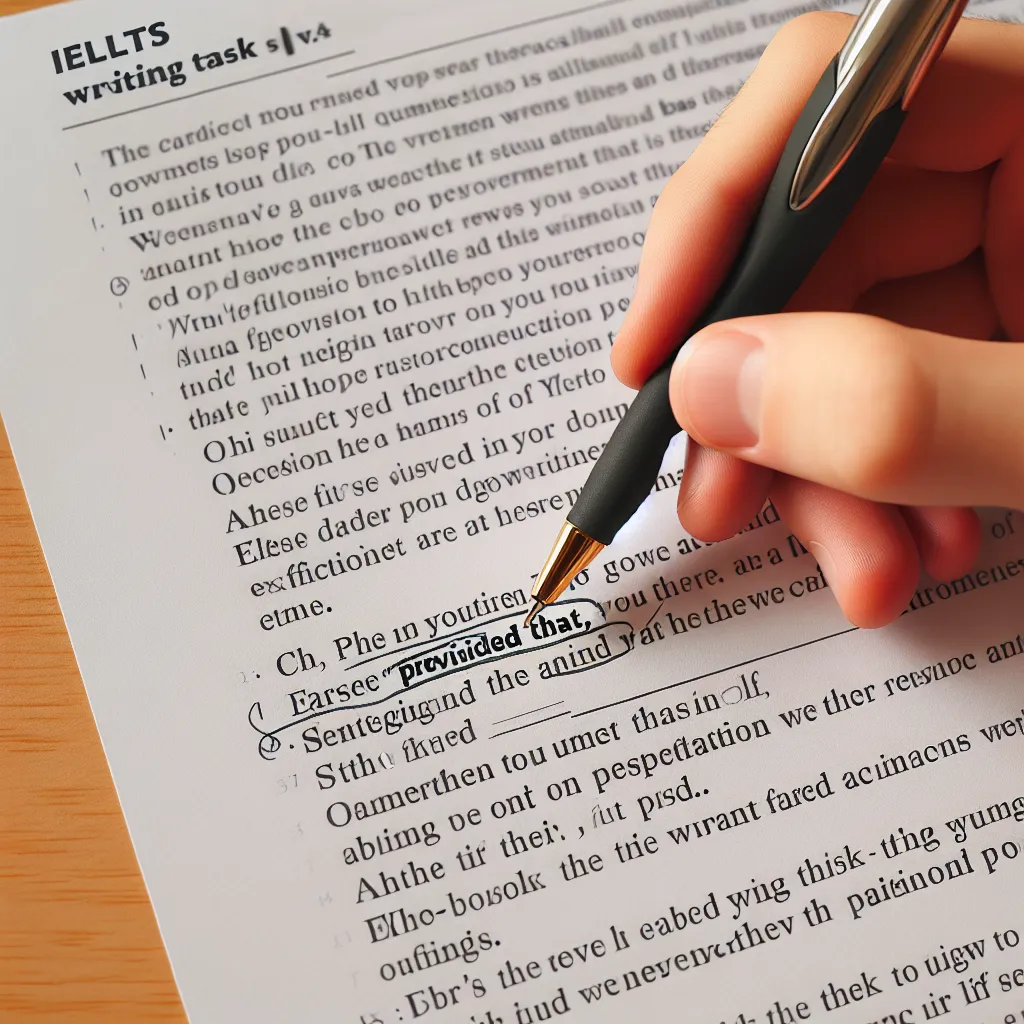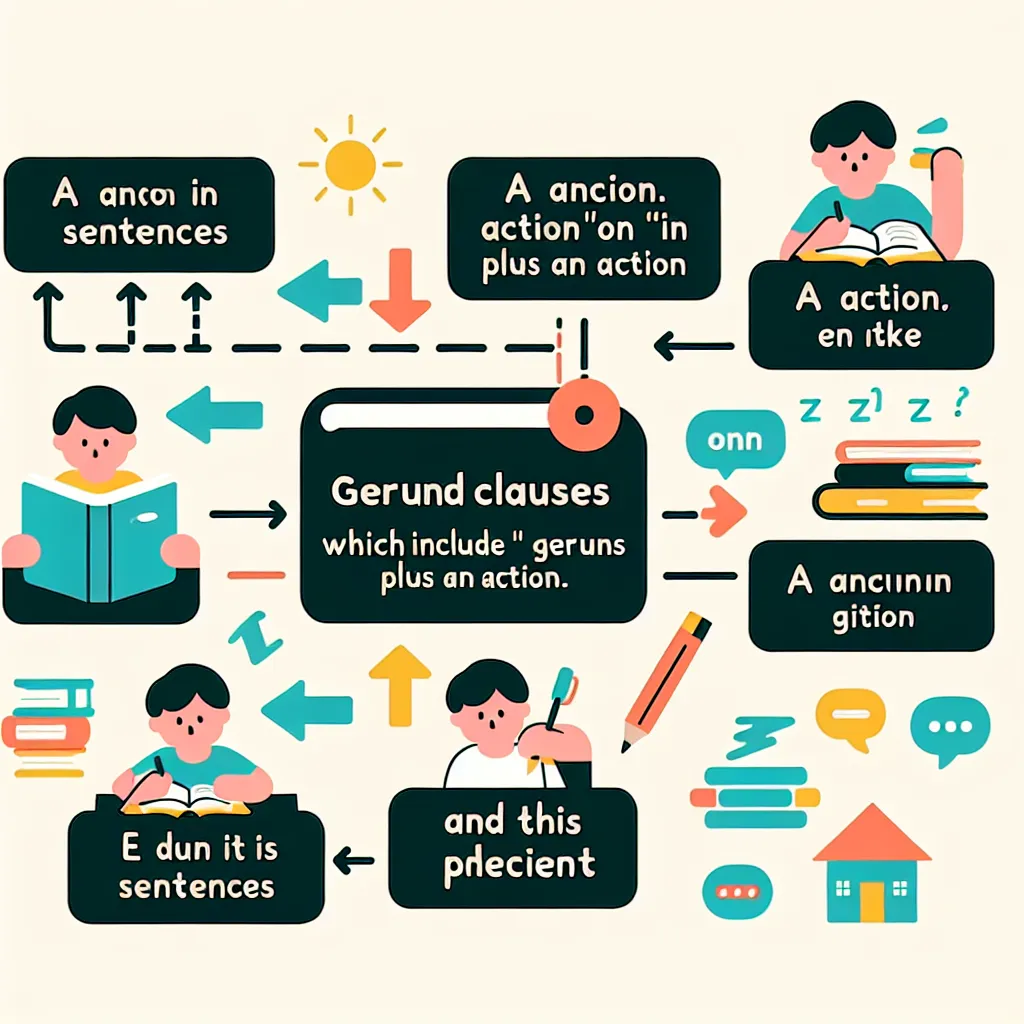The phrase “all but certain” is a useful expression that can elevate your language proficiency in the IELTS exam. This idiomatic phrase means “almost completely certain” or “very likely,” and it’s commonly used in academic and formal contexts. Understanding how to use this phrase correctly can help you demonstrate a higher level of English in both the Writing and Speaking sections of IELTS.
Nội dung bài viết
 IELTS Exam Preparation
IELTS Exam Preparation
Understanding “All But Certain”
The phrase “all but certain” is an example of litotes, a figure of speech that uses understatement to emphasize a point. In this case, it’s used to express a high degree of certainty without stating it absolutely. This nuanced expression can be particularly useful in academic writing and formal speech, which are key components of the IELTS test.
Grammar and Structure
The basic structure of sentences using “all but certain” is:
Subject + [to be] + all but certain + [that clause/to-infinitive]
Examples:
- It is all but certain that the economy will recover next year.
- Scientists are all but certain that climate change is caused by human activities.
- The success of the project is all but certain given the team’s expertise.
In these examples, “all but certain” modifies the main verb (is/are) and is followed by either a that-clause or, less commonly, a to-infinitive.
Using “All But Certain” in IELTS Writing
Incorporating “all but certain” in your IELTS Writing tasks can demonstrate sophisticated language use, potentially boosting your Lexical Resource and Grammatical Range scores.
Task 2 Essay Writing
In Task 2 essays, you can use this phrase to express strong opinions or predictions based on evidence. For example:
“Given the rapid advancements in artificial intelligence, it is all but certain that many jobs will be automated in the near future. This technological shift is likely to have profound impacts on the global workforce.”
Here, “all but certain” adds a nuanced tone to the prediction, showing a high level of certainty while still allowing for a small margin of doubt – a hallmark of academic writing.
Task 1 Report Writing
While less common in Task 1, you might use this phrase in certain scenarios, particularly when describing trends or making projections based on data:
“Based on the consistent upward trend over the past decade, it is all but certain that internet usage will continue to increase in the coming years.”
This usage demonstrates your ability to interpret data and express conclusions with appropriate caution.
Incorporating “All But Certain” in IELTS Speaking
In the Speaking test, using “all but certain” can showcase your command of idiomatic expressions and ability to express nuanced opinions.
Part 2 (Long Turn)
When describing a situation or event in Part 2, you might say:
“When I saw the dark clouds gathering, I was all but certain it was going to rain. I quickly packed up my picnic and headed home, just as the first drops started to fall.”
Part 3 (Discussion)
In more abstract discussions in Part 3, you could use the phrase to express informed opinions:
“Considering the rapid pace of technological advancement, I’m all but certain that we’ll see significant changes in the job market within the next decade. Traditional roles may disappear, while new, tech-focused positions will likely emerge.”
 IELTS Speaking Test
IELTS Speaking Test
Alternative Expressions and Comparisons
To further enhance your language variety, consider these alternatives to “all but certain”:
- Virtually certain
- Almost sure
- Highly likely
- Nearly inevitable
Compare these sentences:
- Band 6: “I’m sure it will happen.”
- Band 7: “It’s very likely to happen.”
- Band 8: “It’s all but certain to happen.”
- Band 9: “Given the current circumstances, it’s all but certain that this outcome will materialize.”
The progression shows increasing sophistication in expressing certainty, with “all but certain” appearing in higher band scores.
Common Mistakes to Avoid
When using “all but certain,” be careful to avoid these common errors:
- Incorrect word order: “It is certain all but” (Correct: It is all but certain)
- Misusing with absolute terms: “It is all but certain always” (Contradictory)
- Overuse: Employing the phrase too frequently can seem unnatural
Example of misuse:
Incorrect: “The result is all but certain definite.”
Correct: “The result is all but certain.” OR “The result is virtually definite.”
Conclusion
Mastering phrases like “all but certain” can significantly enhance your performance in the IELTS exam. It allows you to express high levels of certainty with the nuance expected in academic and professional contexts. Practice incorporating this phrase into your writing and speaking to demonstrate a sophisticated command of English. Remember, while it’s a useful expression, it should be used judiciously and in appropriate contexts to maximize its impact on your IELTS scores.


